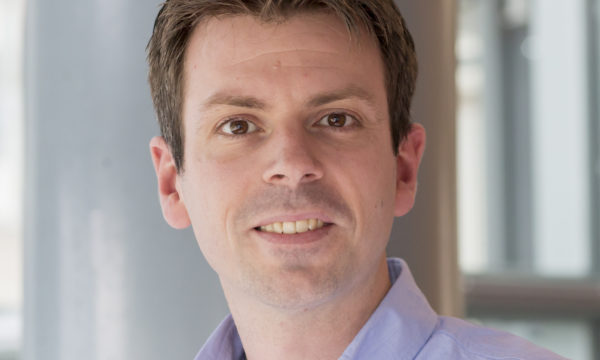Prof. Pieter Bruijnincx

Pieter Bruijnincx obtained his Ph.D. degree in Chemistry (2007) from Utrecht University (cum laude, highest distinction) with his doctoral studies focusing on the development of bio-inspired oxidation catalysts. After working as a NWO Rubicon Postdoctoral fellow at the University of Warwick, U.K., on catalytic anticancer drug development, he returned to Utrecht in 2009 to work in the Weckhuysen group as an tenure-track assistant professor (tenured as of 2013) on the catalytic conversion of biomass and renewables. In 2010 and 2013 he received VENI and VIDI grants from the Netherlands Science Foundation (NWO). In 2018 he was appointed Professor of Sustainable Chemistry and Catalysis at the Department of Chemistry, Utrecht University. This new Chair will bridge research into homogeneous and heterogeneous catalysis for turning renewable feedstock, such as biomass, CO2 and waste streams into chemical building blocks.
oxidation catalysts. After working as a NWO Rubicon Postdoctoral fellow at the University of Warwick, U.K., on catalytic anticancer drug development, he returned to Utrecht in 2009 to work in the Weckhuysen group as an tenure-track assistant professor (tenured as of 2013) on the catalytic conversion of biomass and renewables. In 2010 and 2013 he received VENI and VIDI grants from the Netherlands Science Foundation (NWO). In 2018 he was appointed Professor of Sustainable Chemistry and Catalysis at the Department of Chemistry, Utrecht University. This new Chair will bridge research into homogeneous and heterogeneous catalysis for turning renewable feedstock, such as biomass, CO2 and waste streams into chemical building blocks.
His research focuses on route and catalyst development for the valorization of i) primary components of lignocellulosic biomass and 2) biomass-derived platform molecules. With the primary feeds, emphasis is on recalcitrant feeds such as humins and lignin. Platform molecule conversions include highly active bifunctional catalysts for the selective hydrogenation of levulinic acid and the first examples of biomimetic iron-catalyzed oxidative cleavage of lignin derivatives and fatty acids. Other topics include aromatics production from sugars, and the synthesis of butadiene from bioethanol. The research, financed by NWO, STW, EU and by industrial partners, is carried as part of national (e.g. public private partnerships such as Catchbio, BPM, etc), international (Marie Curie ITN, COST, etc) and industrial collaborations. The projects involve the development of mostly heterogeneous catalysts, but also homogeneous transition metal-based catalysts and organocatalysts. We aim to gain fundamental understanding of the catalytic process, i.e. the elucidation of structure-activity relationships, to study catalyst stability and deactivation and to apply (in situ) spectroscopy to study mechanistic aspects of the reaction.